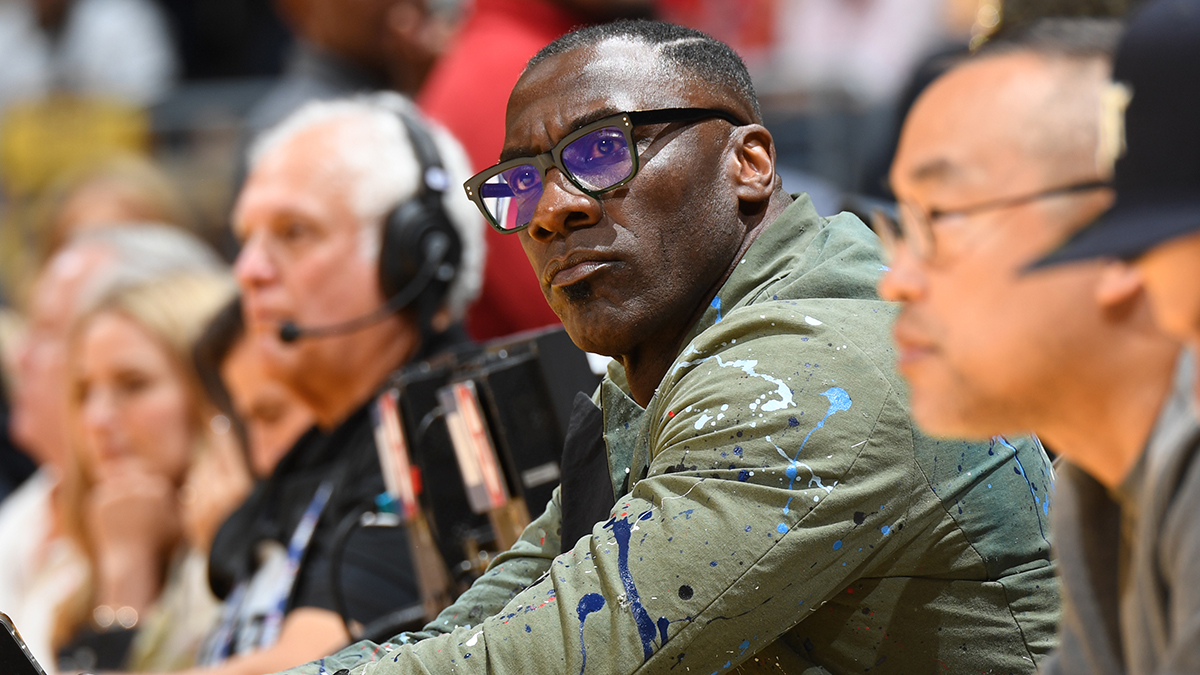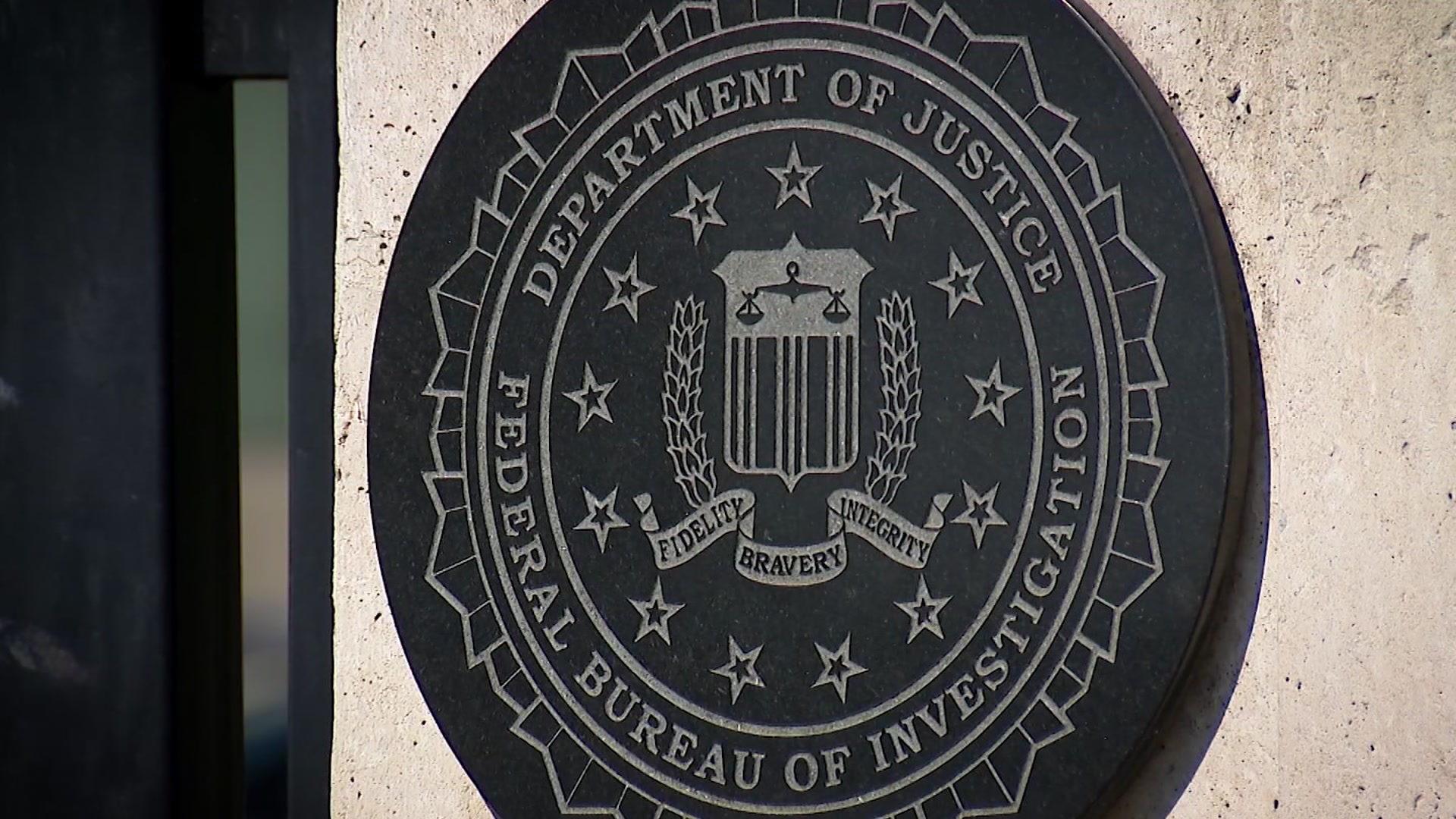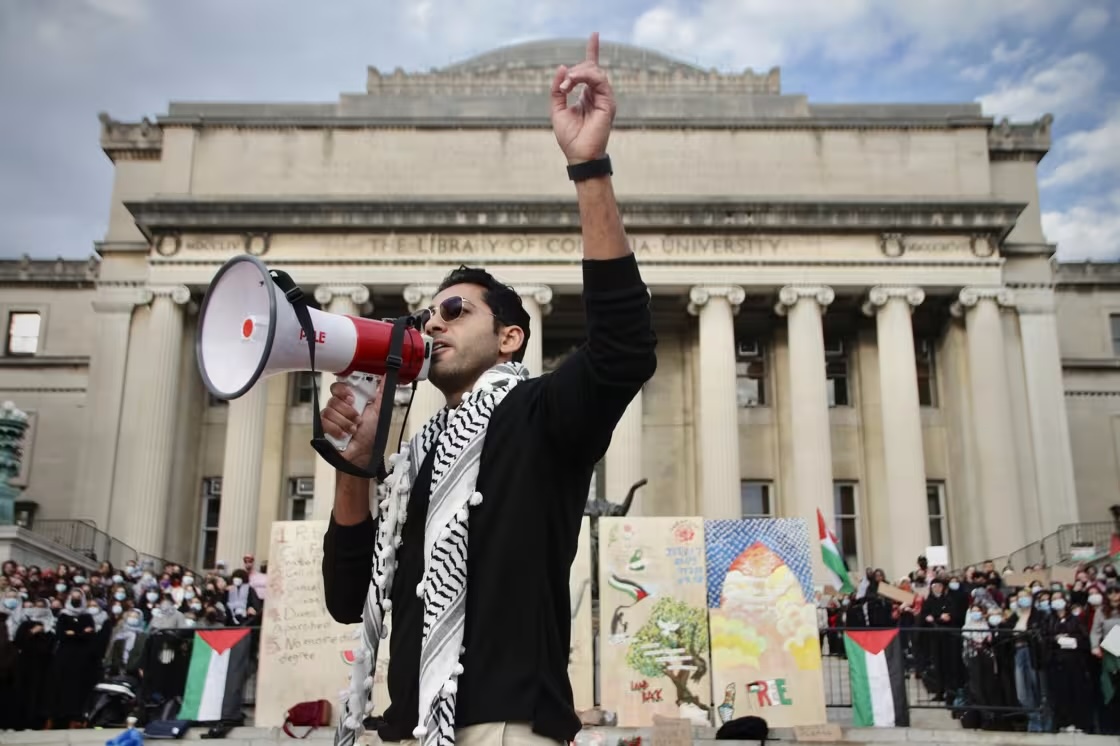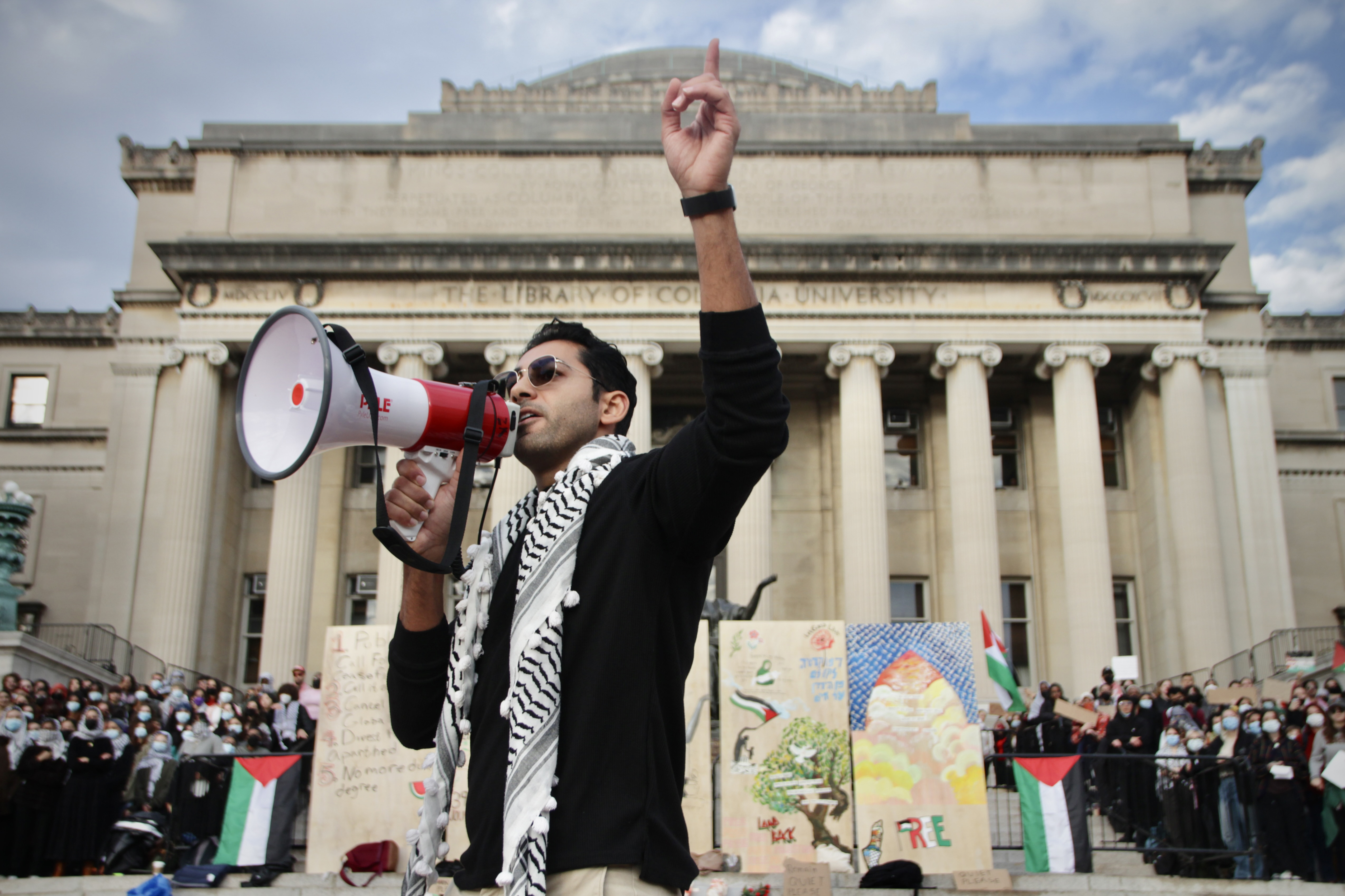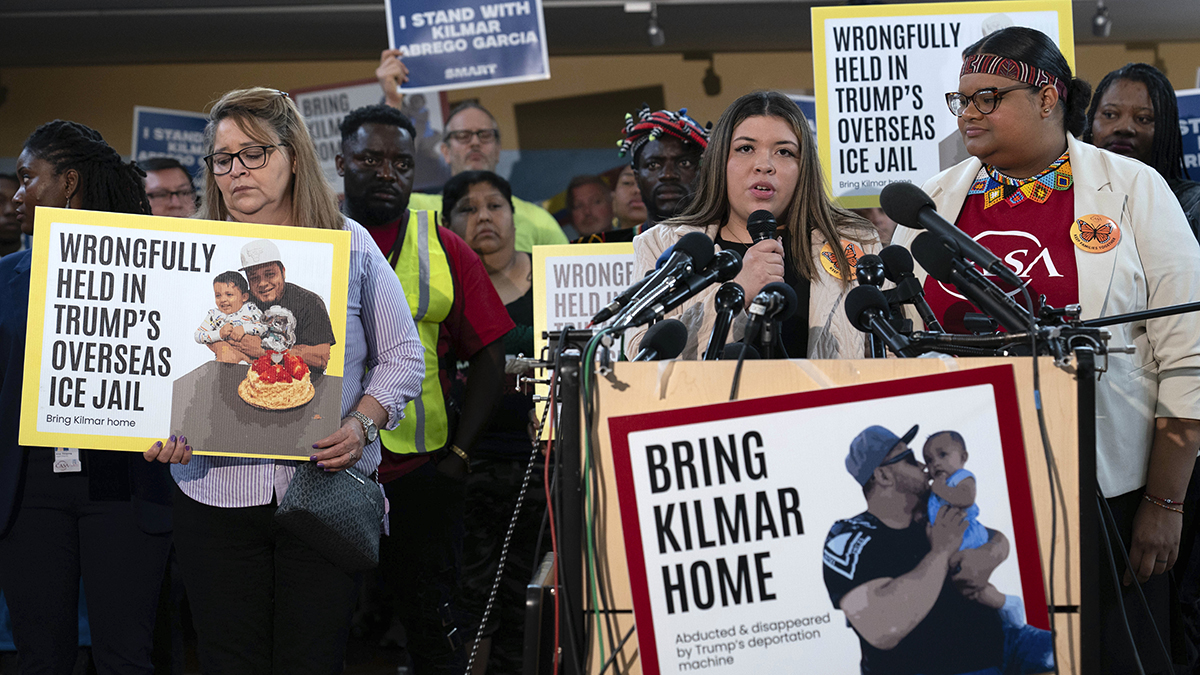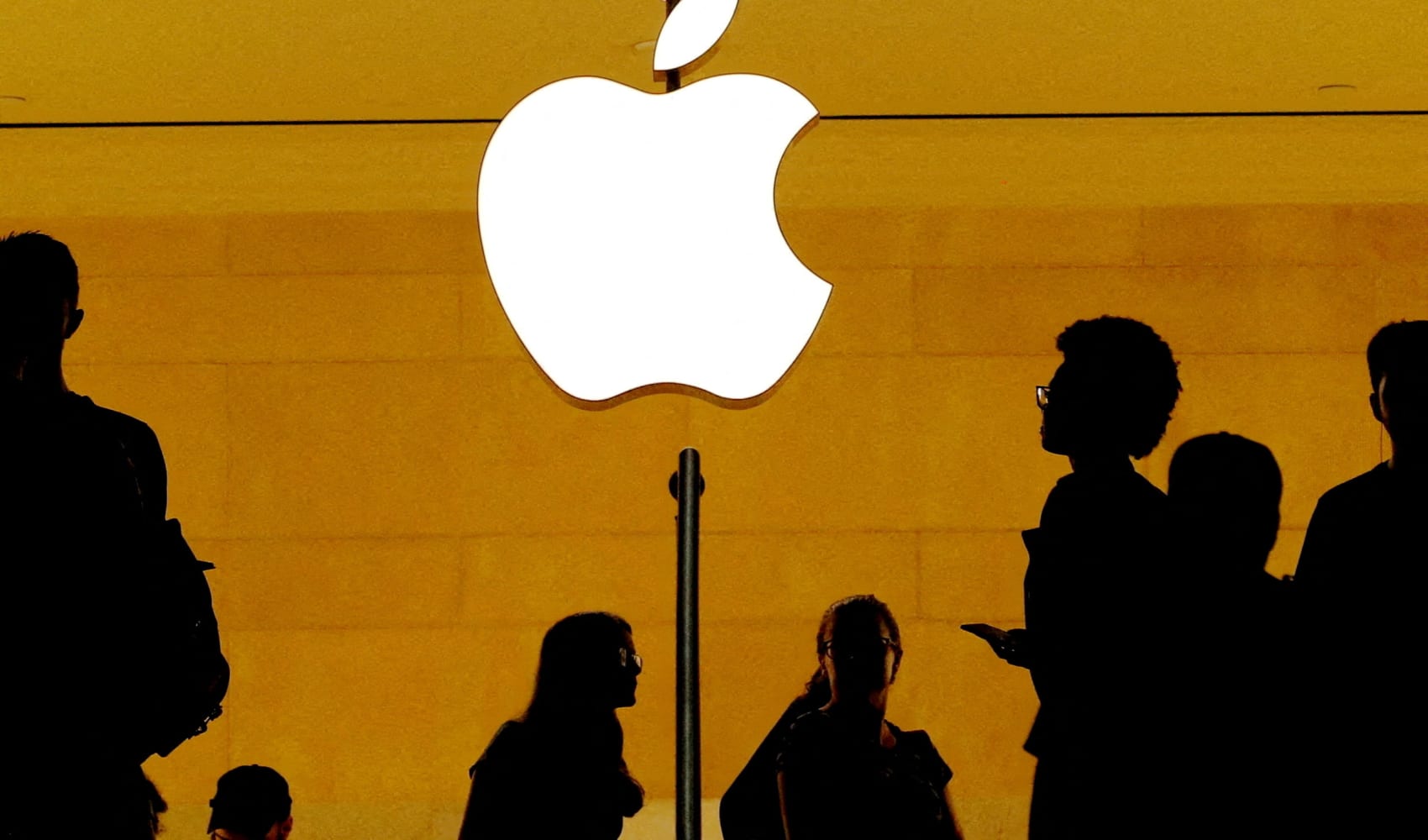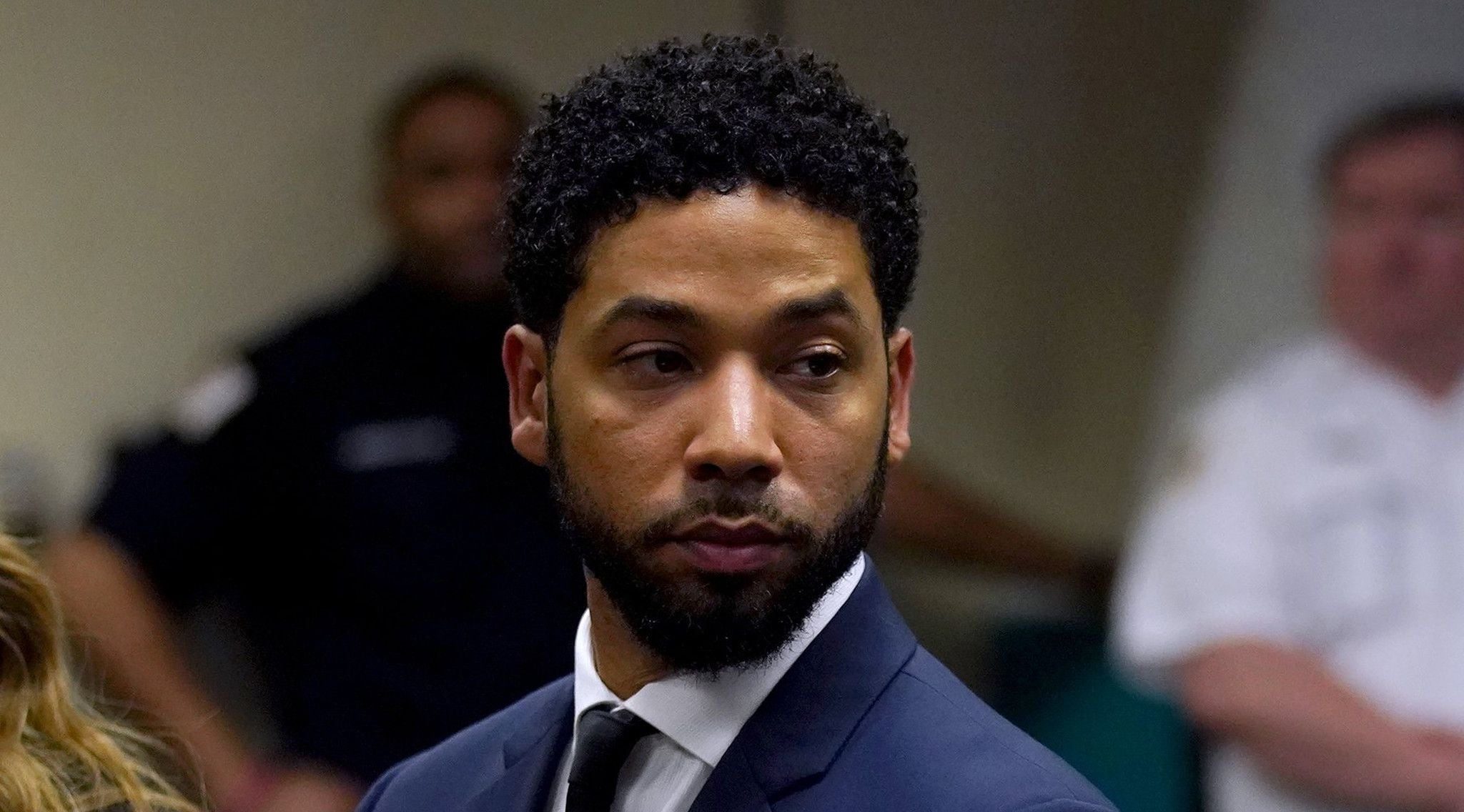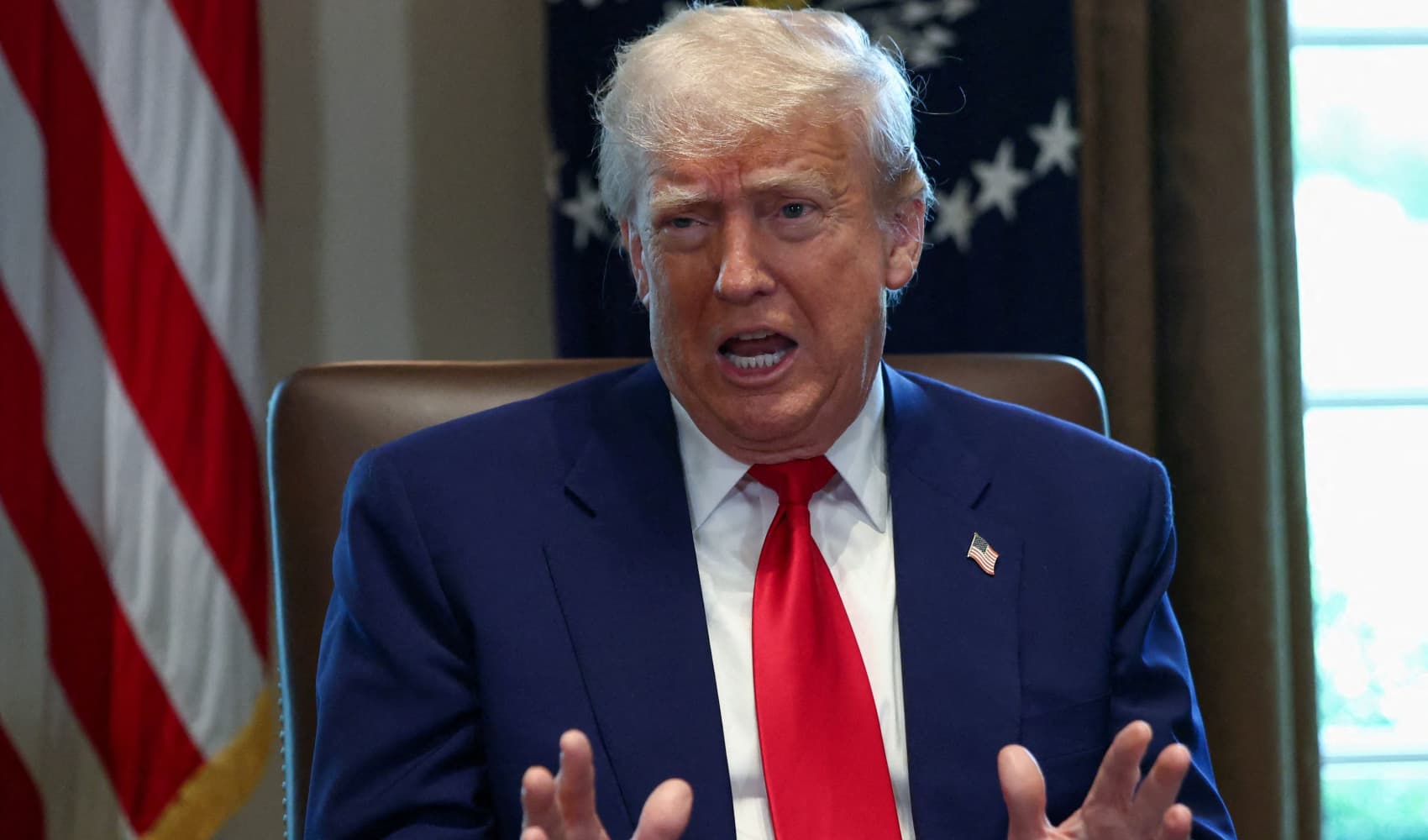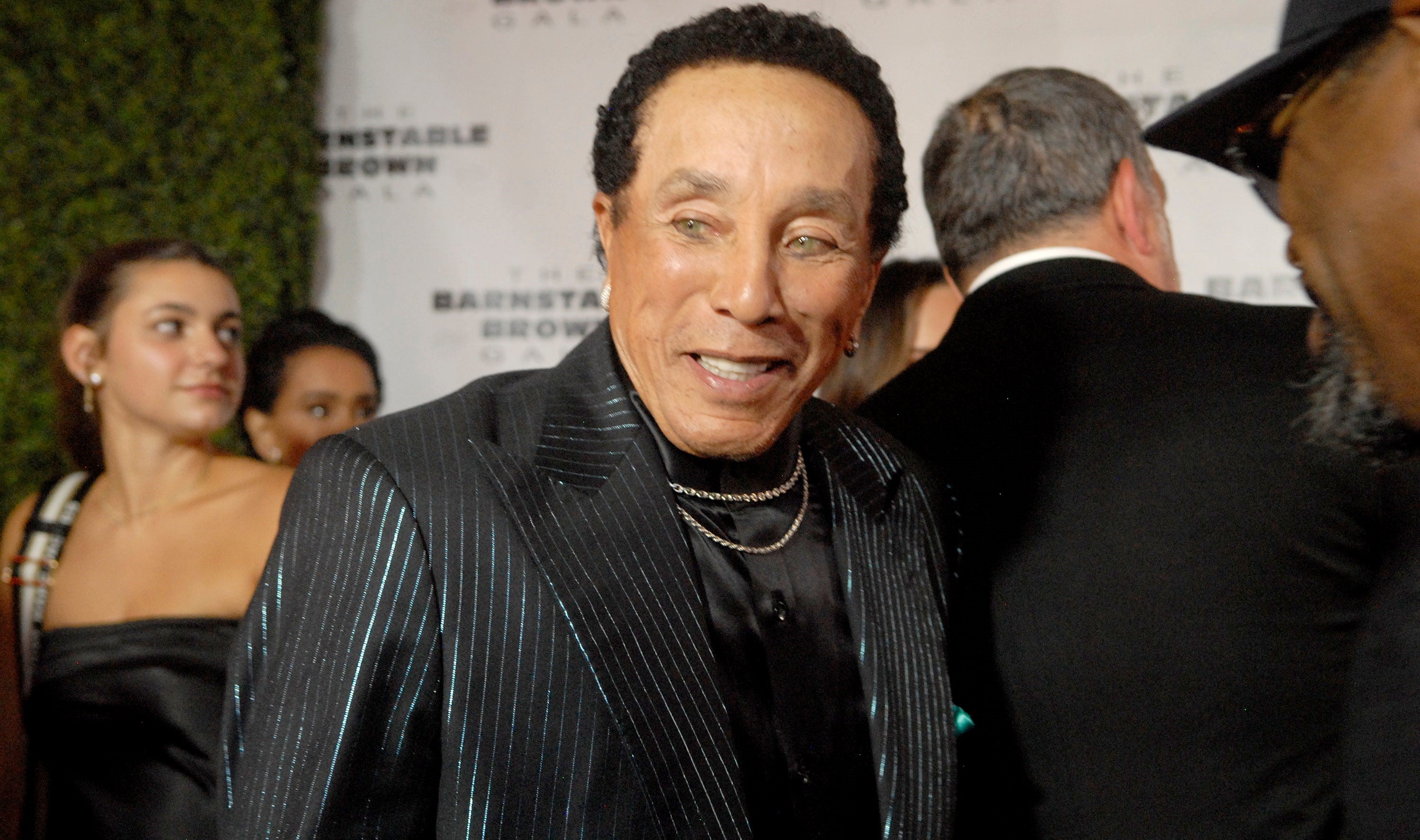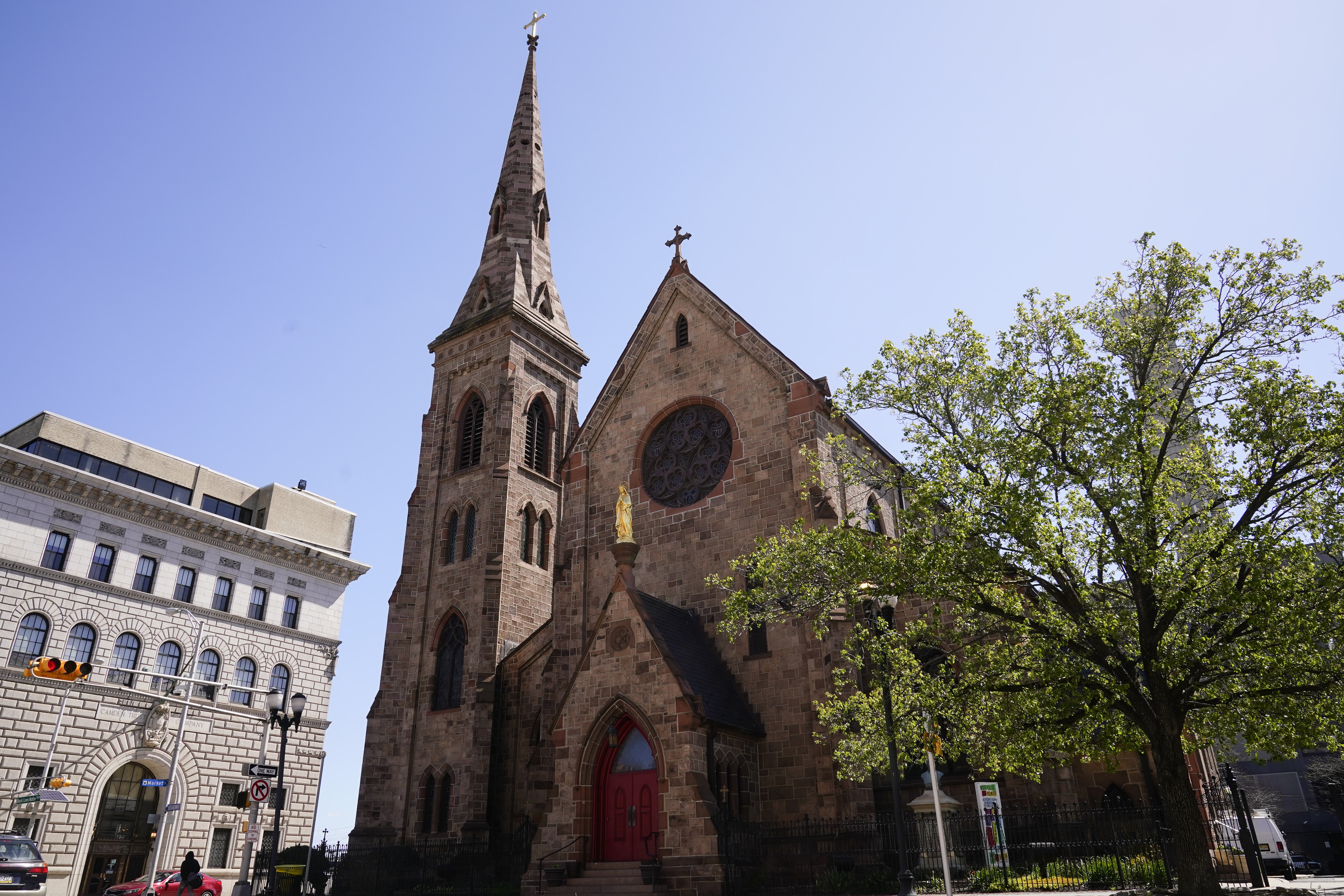Shannon Sharpe ESPN Hiatus: Rape Lawsuit Explained
Shannon Sharpe's ESPN Hiatus: Navigating a $50 Million Lawsuit
Introduction: A Shockwave Through the Sports World
The sports world was hit with a bombshell this week as news broke that Hall of Fame tight end and prominent ESPN personality, Shannon Sharpe, is taking a temporary step back from his on-air duties. The reason? A staggering $50 million lawsuit accusing him of rape. It's a story that sends ripples through the media landscape, raising questions about accountability, reputation, and the complexities of justice. But what exactly happened, and what's next for the outspoken Sharpe?
Shannon Sharpe's Announcement: "Stepping Aside Temporarily"
Sharpe, known for his insightful (and sometimes controversial) commentary on ESPN's "First Take" and other programs, made the announcement via a statement on social media. "I will 'step aside temporarily' from my duties at ESPN in the wake of a $50 million lawsuit accusing him of rape." He described the allegations as "false and disruptive," emphasizing his commitment to clearing his name. But why now, and what does this mean for his career?
The Allegations: What We Know (and Don't Know)
Details of the Lawsuit:
Details surrounding the lawsuit remain scarce, adding to the intrigue and speculation. While the specific nature of the allegations isn't publicly available, the sheer size of the lawsuit – $50 million – suggests a significant claim. We can only imagine the weight Sharpe must feel with such an accusation hanging over his head. What will become of the truth?
Sharpe's Response: Denial and Determination:
Sharpe has vehemently denied the accusations. He stated that he needs time away from the studios to fight allegations that he called "false and disruptive." This strong denial is a crucial part of the story. He's clearly gearing up for a legal battle, and his choice to step away from ESPN suggests he recognizes the seriousness of the situation.
ESPN's Reaction: Supporting Sharpe's Decision
ESPN has publicly supported Sharpe's decision to take a break. An ESPN representative indicated that they agreed with his choice, acknowledging the gravity of the situation. But is this genuine support, or a calculated move to protect the network's image? Only time will tell. It's like a high-stakes poker game, and everyone's holding their cards close to their chest.
"First Take" Without Sharpe: A New Dynamic
The Impact on the Show:
Sharpe's absence will undoubtedly change the dynamic of "First Take." His fiery debates and strong opinions were a cornerstone of the show's appeal. Can the show maintain its viewership and impact without him? It's a question that ESPN executives are likely pondering. Who will fill his seat, and how will the show adapt?
Possible Replacements and Guest Appearances:
The network will likely experiment with different analysts and guest commentators in Sharpe's absence. This could be an opportunity to showcase new talent or bring back familiar faces. Will they find someone who can match Sharpe's charisma and knowledge of the game? It's a tall order, to say the least.
The Legal Battle Ahead: A Long and Arduous Road
The Burden of Proof:
In a civil lawsuit, the burden of proof lies with the plaintiff. They must present compelling evidence to convince a judge or jury that Sharpe is liable for the alleged actions. This process can be lengthy, expensive, and emotionally draining for all parties involved. Sharpe said that he will be devoting this time to his family, and responding and dealing with these false allegations set against him.
Potential Outcomes: Settlement vs. Trial:
The case could be resolved through a settlement, where Sharpe agrees to pay a sum of money to the plaintiff in exchange for dropping the lawsuit. Alternatively, it could proceed to trial, where evidence is presented, and a judge or jury renders a verdict. Each path presents its own set of risks and rewards. It's a legal labyrinth, and the outcome is far from certain.
Reputation Management in the Digital Age
The Power of Social Media:
In today's world, accusations can spread like wildfire on social media. Sharpe's reputation is undoubtedly at risk, regardless of the outcome of the lawsuit. The court of public opinion can be just as unforgiving as a courtroom. What will he do to protect his image and legacy?
Strategies for Damage Control:
Sharpe's legal team and public relations advisors will likely employ strategies to mitigate the damage to his reputation. This could involve issuing statements, engaging with the media, and highlighting his philanthropic work. But can these efforts truly erase the stain of such serious allegations? It's a challenge worthy of Hercules.
The Impact on Sharpe's Legacy: More Than Just Football
Beyond the Gridiron:
Sharpe's legacy extends beyond his achievements on the football field. He's become a successful broadcaster, entrepreneur, and philanthropist. These accusations threaten to tarnish his entire body of work. Will he be remembered for his touchdowns and Super Bowl rings, or for this alleged crime?
The Importance of Due Process:
It's crucial to remember that Sharpe is presumed innocent until proven guilty in a court of law. While the allegations are serious, it's essential to allow the legal process to unfold before drawing any conclusions. Let's not rush to judgment; let's allow the system to work.
The Broader Context: Allegations Against Celebrities
A Recurring Pattern:
Unfortunately, allegations of sexual misconduct against celebrities and public figures are not uncommon. These cases often involve complex power dynamics, legal complexities, and media scrutiny. What does this say about our society, and how we treat accusations of this nature?
The #MeToo Movement and its Aftermath:
The #MeToo movement has brought increased awareness to the issue of sexual harassment and assault. While it has empowered survivors to come forward, it has also created a climate of heightened scrutiny for those accused. This is a new normal, and it's something we need to navigate with care and sensitivity. Let's be sure to continue to educate and understand.
The Future of Shannon Sharpe: A Crossroads Moment
Potential Scenarios: Return to ESPN, New Ventures, or Continued Legal Battle:
Sharpe's future is uncertain. He could return to ESPN if he's cleared of the allegations. He could pursue new ventures in broadcasting or business. Or he could remain embroiled in a protracted legal battle for years to come. His next move will be watched closely by fans, colleagues, and the media alike.
The Importance of Support Systems:
During this challenging time, it's crucial for Sharpe to have a strong support system of family, friends, and legal advisors. They can provide guidance, encouragement, and perspective as he navigates this difficult situation. He's not alone in this fight, but the road ahead won't be easy.
Conclusion: A Developing Story With Unanswered Questions
Shannon Sharpe's decision to step away from ESPN amidst these serious allegations marks a significant moment in his career and in the broader sports media landscape. The legal battle that lies ahead will undoubtedly be complex and closely watched. While the accusations are grave, it's essential to allow due process to take its course and to remember that everyone is presumed innocent until proven guilty. The future remains uncertain, but one thing is clear: this story is far from over.
Frequently Asked Questions
- What specific allegations are being made against Shannon Sharpe? At this time, the specific details of the lawsuit are not publicly available. The lawsuit alleges rape, but further specifics have not been released.
- What does "stepping aside temporarily" mean for Sharpe's future at ESPN? It suggests a leave of absence pending the outcome of the legal proceedings. His return to ESPN depends on the resolution of the lawsuit and the network's assessment of the situation.
- How will ESPN fill Shannon Sharpe's role on "First Take"? ESPN is likely to use a combination of guest analysts and rotating commentators to fill Sharpe's spot. They may also consider auditioning new talent for a permanent role.
- What is the burden of proof in a civil lawsuit like this? The plaintiff (the person bringing the lawsuit) has the burden of proving their claims by a preponderance of the evidence, meaning it is more likely than not that the alleged events occurred.
- How long could the legal process take in a case like this? The duration of the legal process can vary widely depending on the complexity of the case, the availability of evidence, and the court's schedule. It could take several months or even years to reach a resolution.
